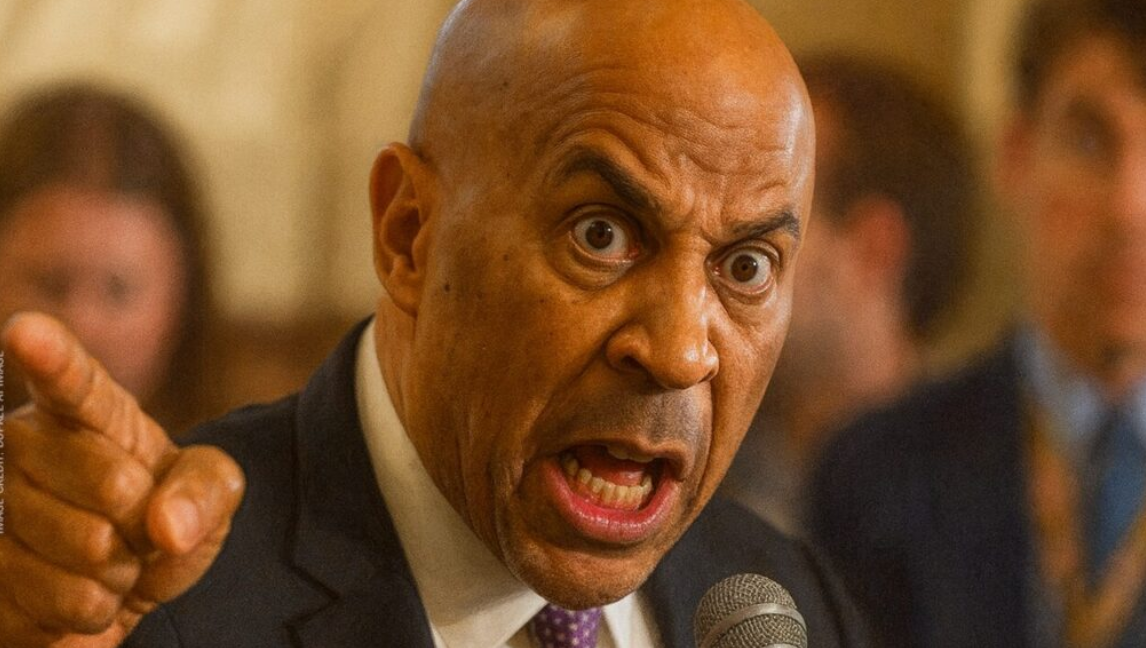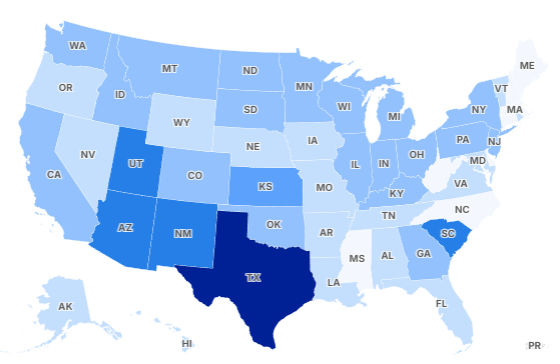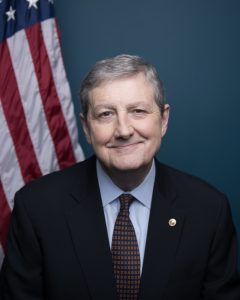Cory Booker Challenges Fellow Democrats Over Trump-Era Police Funding Dispute
Unrest is rising again in Washington—but this time, it’s not between parties.
A fiery exchange on the Senate floor Tuesday exposed deeper cracks within one party’s ranks, signaling that for some lawmakers, the usual political lines are no longer enough to hold things together. The tension didn’t begin with the opposition. It came from within.
The issue on paper appeared routine: a funding package aimed at supporting police departments across the country. Publicly, the bills had bipartisan appeal. Quietly, they carried weight far beyond their face value.
As lawmakers returned to the chamber, some expected a procedural glide path. Others were bracing for something different.
Senators from across the ideological spectrum took to the floor, each presenting well-rehearsed arguments about public safety, federal support, and long-standing committee efforts. But beneath the surface, there was unease—especially among those concerned about how recent executive decisions have reshaped the flow of federal funds.
The backdrop to the debate is a January executive order from President Trump, which shifted eligibility for law enforcement grants away from states maintaining certain diversity and inclusion policies. Critics argue this move has politicized federal funding, turning it into a tool for punishing dissent and rewarding alignment.
As the bills came up for unanimous consent, what followed wasn’t routine debate. It was personal. It was unscripted. And it didn’t come from the opposition bench.
One senator rose with visible frustration—not to echo partisan lines, but to question his own colleagues’ readiness to move forward under those terms. He didn’t focus on crime statistics or budget gaps. Instead, he focused on something else entirely: how much a party is willing to concede to preserve appearances of unity.
At first, his language was procedural. Then it turned pointed. He didn’t just object to the bills. He challenged the very framework behind them—and the willingness of his peers to let executive overreach go unchecked.
Colleagues responded. Some sharply. One senior senator accused him of failing to engage during the earlier stages of the process. Another pointed out past objections that seemed to conflict with his current stance. The chamber grew tense. The back-and-forth lost its script. What was supposed to be symbolic moved closer to a full confrontation.
And then came the moment that caught even seasoned watchers off guard.
With a force not often seen in that room, he accused his own party of complicity—not just with flawed legislation, but with a pattern of submission to executive power. Not softly, not vaguely.
“This, to me, is a problem with Democrats in America right now,” said Senator Cory Booker. “We’re willing to be complicit to Donald Trump.”
The chamber fell silent.
Booker wasn’t finished. He spoke of selective grant eligibility, of funding withheld from states like his own, and of a Congress being undermined by the presidency it’s meant to check. “It is a violation of our Constitution for the president of the United States to ignore the will of Congress and decide which states are eligible for grants and which are not,” he said.
He tied the moment to a larger cultural trend—of institutions backing down, voices being muted, and political convenience overriding constitutional limits. Though he didn’t name them, observers noted the parallels to ongoing legal battles involving major universities, canceled shows, and private sector realignments in response to executive pressure.
For Booker, it wasn’t just a policy objection. It was a line in the sand. And for his fellow Democrats, it was a reminder that party alignment doesn’t always mean silence.
Whether his objection changes the outcome remains uncertain. But it made one thing clear: the cracks inside the party are no longer quiet—and they’re not just about tactics. They’re about principle.
https://www.youtube.com/watch?v=Wtw4M8eaJxc

Emily Johnson is a critically acclaimed essayist and novelist known for her thought-provoking works centered on feminism, women’s rights, and modern relationships. Born and raised in Portland, Oregon, Emily grew up with a deep love of books, often spending her afternoons at her local library. She went on to study literature and gender studies at UCLA, where she became deeply involved in activism and began publishing essays in campus journals. Her debut essay collection, Voices Unbound, struck a chord with readers nationwide for its fearless exploration of gender dynamics, identity, and the challenges faced by women in contemporary society. Emily later transitioned into fiction, writing novels that balance compelling storytelling with social commentary. Her protagonists are often strong, multidimensional women navigating love, ambition, and the struggles of everyday life, making her a favorite among readers who crave authentic, relatable narratives. Critics praise her ability to merge personal intimacy with universal themes. Off the page, Emily is an advocate for women in publishing, leading workshops that encourage young female writers to embrace their voices. She lives in Seattle with her partner and two rescue cats, where she continues to write, teach, and inspire a new generation of storytellers.









